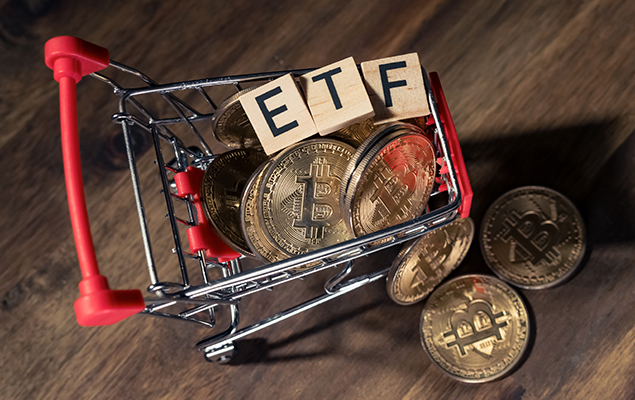Bitcoin was originally conceived as an alternative to the traditional banking system – a means of storing value and making payments outside the conventional financial infrastructure. As a result, cryptocurrencies, including stablecoins such as USDT and USDC, still largely operate as a parallel system that rarely intersects with mainstream finance.
Over time, however, the perception of cryptocurrencies has changed dramatically. Bitcoin is no longer seen solely as a vehicle for money laundering. It has instead earned its place as “digital gold,” and as an alternative asset, a significant component of many investors’ portfolios. Major financial institutions such as BlackRock, Fidelity and Invesco have launched bitcoin ETFs, cementing its role in the financial mainstream.
At the same time, banks have adopted a more open attitude towards digital assets, with some positioning themselves as crypto-friendly or crypto-neutral. In Israel, the Supervisor of Banks issued Circular No. 411, which outlines the conditions under which local banks may accept funds from crypto transactions.
Switzerland: A Model for Crypto Regulation
Switzerland has emerged as one of the most crypto-friendly jurisdictions. Cryptocurrency-related activities are regulated under the country’s financial legislation. The Swiss Financial Market Supervisory Authority (FINMA) takes a technology-neutral approach, requiring companies dealing with digital assets to comply with the same regulatory standards as traditional financial institutions.
Direct Custody Still Common in Volatile Markets
Despite the growing availability of regulated investment vehicles, many individuals – either by choice or necessity – continue to hold their crypto assets directly in hot or cold wallets. This approach is particularly common in countries with capital controls or unstable national currencies, such as Russia and several CIS states.
Russia: Legal Uncertainty and Sanctions Complicate Access
While interest in cryptocurrencies in Russia remains strong, the lack of clear legislation poses significant challenges. Transactions are often conducted through informal channels as there are no licensed crypto exchanges operating under official regulatory oversight, unlike in most developed markets. Further complications arise from Western sanctions, which severely restrict Russian citizens’ access to foreign bank accounts and international transfers.
In practice, this means that crypto holders in Russia and other jurisdictions with unclear or underdeveloped regulation often struggle to realize profits, convert assets into fiat or use their digital assets. Even when the funds are perfectly legal in origin, Western banks often refuse to accept crypto proceeds from Russian citizens. As a result, these assets remain ‘locked’ in wallets and exposed to various risks – from cybersecurity threats to potential government confiscation.
In fact, a draft law is currently under consideration in Russia that proposes to recognize digital currency as property and outlines procedures for its seizure in cases of money laundering, terrorist financing or illicit capital outflows.
Despite these obstacles, it is still possible to convert crypto into fiat and deposit the funds in foreign bank accounts. Our experience shows that with proper structuring, strict adherence to anti-money laundering (AML) requirements, careful partner selection and specialized legal advice, even the most complex challenges can be effectively resolved.
Our firm has extensive expertise and practical experience in crypto trading, custody, clearing and settlement. We are actively involved in ongoing regulatory developments and advise leading market participants in the Israeli and international financial sectors.
***
For further information and advice, please contact our experts at Barnea Jaffa Lande & Co.


